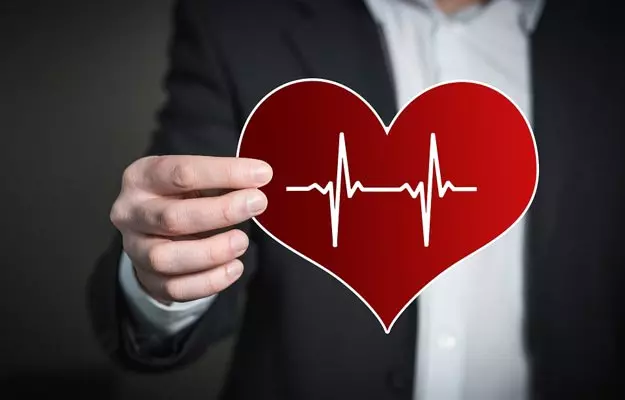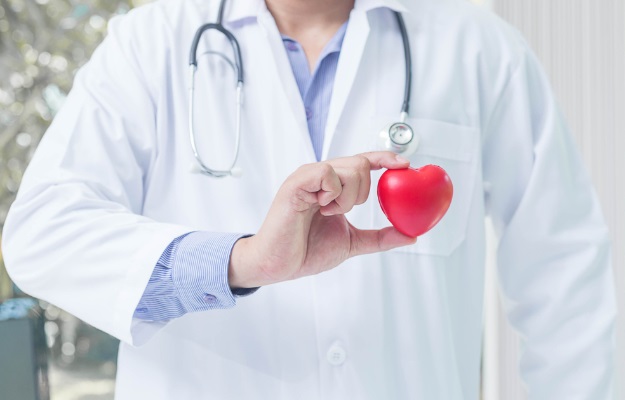Heart disease includes many conditions affecting our heart. For example - blood vessel disease, coronary artery disease, congenital heart defects, etc. To reduce the risk of heart disease, it is important to pay attention to your diet. Like what are you eating, what is necessary to eat and what not to eat etc. In this article, we have explained in detail what to eat, what not to eat, and what to avoid for heart disease.
Please click on the link given here to know the treatment for heart disease.
So let's know what to eat and what not to eat for heart disease -
(Read More - How Does Heart Disease Affect the Body)

























